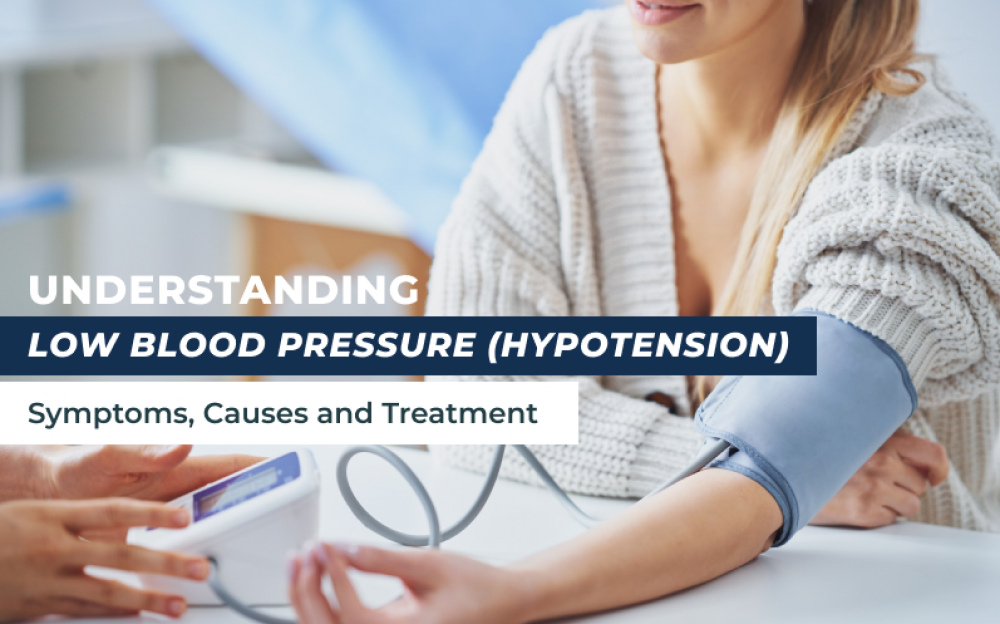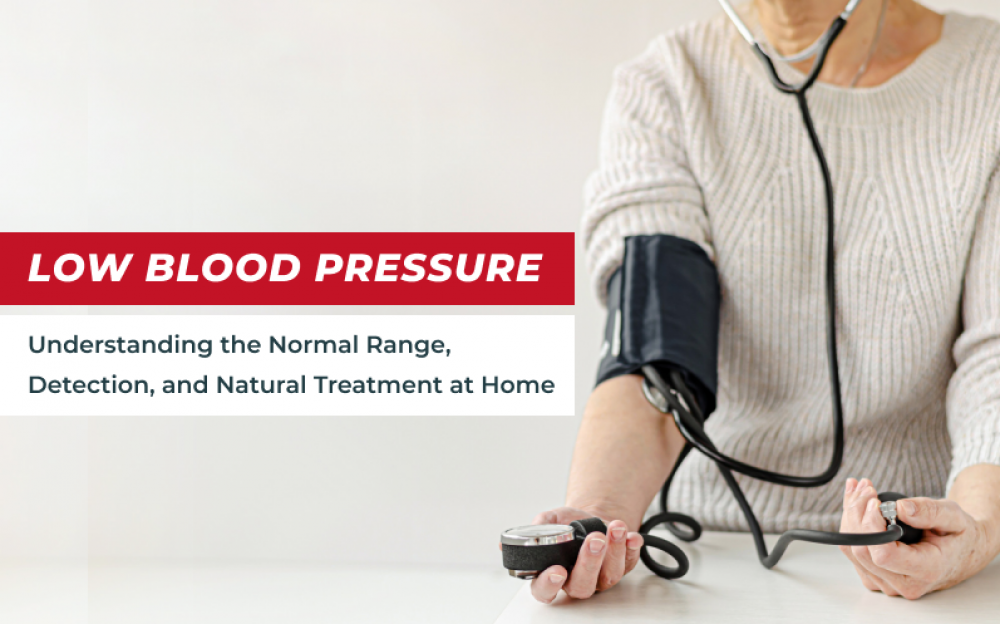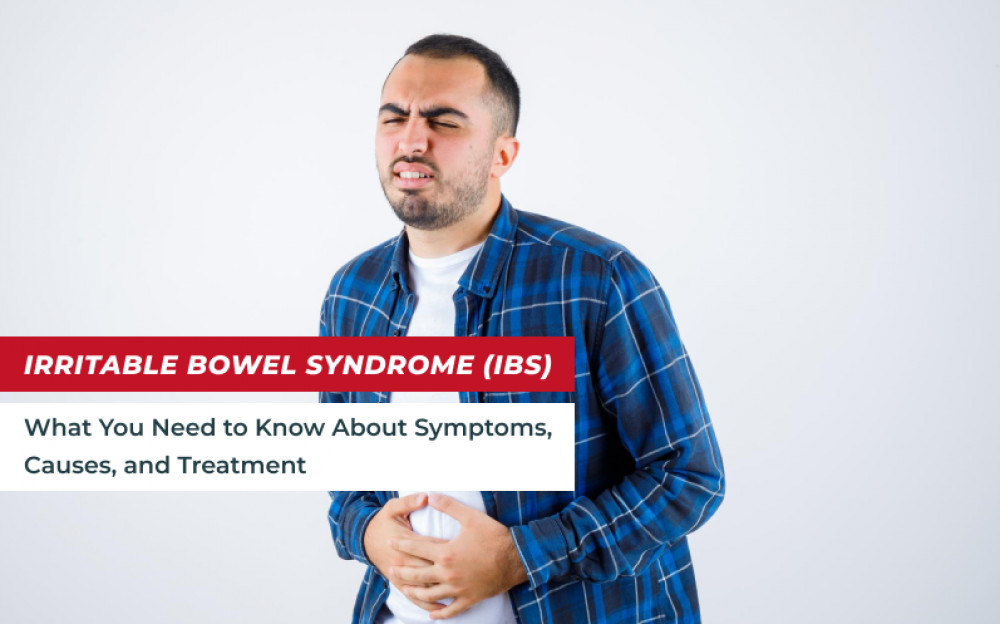

Low blood pressure, or hypotension, is a condition in which the blood pressure reading is lower than normal. Normal blood pressure is considered to be around 120/80 mmHg. A reading lower than 90/60 mmHg is considered low.
Symptoms of low blood pressure can include dizziness, lightheadedness, fainting, fatigue, and blurred vision. In severe cases, low blood pressure can lead to shock, which is a medical emergency.
Low blood pressure has many causes, including dehydration, heart problems, blood loss, and certain medications. It can also be a side effect of conditions such as diabetes, Parkinson's disease, and endocrine disorders.
Treatment for low blood pressure depends on the underlying cause. In many cases, increasing fluid intake can help to raise blood pressure. Medications may also be prescribed to raise blood pressure and improve symptoms. In severe cases, hospitalization may be necessary to treat the underlying cause of low blood pressure.
Lifestyle changes such as eating a healthy diet, exercising regularly, and avoiding alcohol and tobacco can also help to improve low blood pressure. It is important to work with a doctor to determine the cause of low blood pressure and develop an appropriate treatment plan.
• Pregnancy
• Anemia
• Septicemia
• Adrenal gland disorders
• Neurological disorders
Additionally, some medications used to treat high blood pressure, depression, and anxiety can also cause low blood pressure as a side effect.
In some cases, low blood pressure can be a sign of more serious underlying health problems such as heart disease, Parkinson's disease, or endocrine disorders. A doctor should be consulted if low blood pressure is accompanied by other symptoms such as chest pain, shortness of breath, or fainting.
Diagnosing low blood pressure typically involves a physical examination and review of medical history. Other tests may be performed such as blood tests, electrocardiogram (ECG), and echocardiogram to determine the underlying cause.
It is important for individuals with low blood pressure to take steps to maintain a healthy lifestyle and to work with their doctor to manage the condition. This may include monitoring blood pressure regularly, eating a balanced diet, and avoiding sudden changes in position to prevent dizziness and fainting.
In conclusion, low blood pressure, or hypotension, is a condition in which the blood pressure reading is lower than normal. It can have many causes, including dehydration, heart problems, certain medications, and underlying health conditions. Treatment for low blood pressure depends on the underlying cause and may involve lifestyle changes, medications, and in severe cases, hospitalization. It is important to work with a doctor to determine the cause and develop an appropriate treatment plan.

Low Blood Pressure: Understanding the Normal Range, Detection, and Natural Treatment at Home

Irritable Bowel Syndrome (IBS): What You Need to Know About Symptoms, Causes, and Treatment